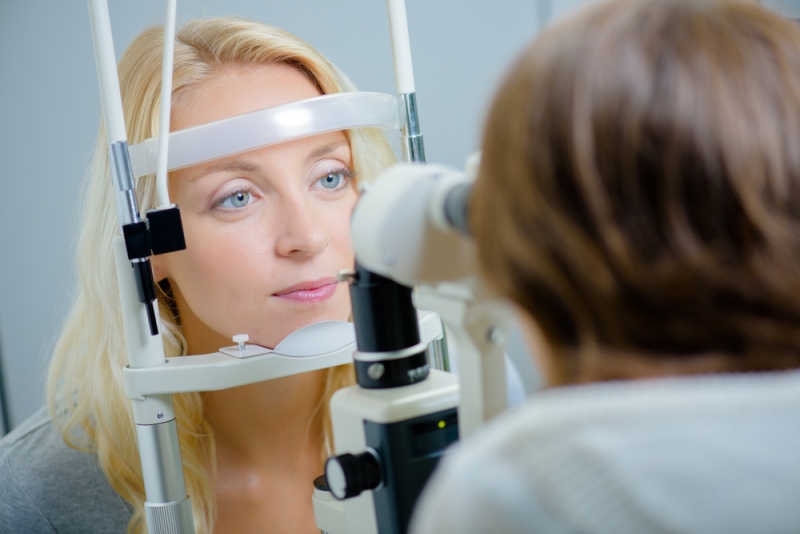Our eyes are perhaps two of our most important body parts. Without good vision, we would all struggle with the most basic of tasks – ranging from driving down the street to cooking dinner in the evening. For those of us who struggle with vision or are partially sighted, daily life often needs a little extra touch of hard work and support to stay safe and independent.

Luckily, the standard of modern eye care is progressing fast. Changes in modern technology mean that all sorts of new innovations have come out in the last few years, and the industry is looking ahead to an exciting future.
In this article, we will take a look at just how much eye care has changed in the last century – and where it is likely to be headed next.
How modern technology has changed eye care
Modern technology is changing almost everything about the way we live, from the devices in our pockets to the equipment in our homes, and much more.
Health care is a field that is also changing as a result of technological advances. Opticians in particular are finding that the human eye, which was once seen as a complex and difficult-to-treat organ, is now much easier to navigate, leading to more streamlined provision of care and better outcomes for patients.
Until recently, for example, opticians often struggled to see into the retina – the bit of your eye that takes in the light all around you and allows this to morph into the visions that you see. A hundred years ago, seeing into this part of the eye was a difficult task. Even a few years ago, the only way to do it was to use eye drops to make the pupils larger and enable an optician to simply look inside – and even then, it was still a fiddly task, plagued with difficulties and requiring a lot of trial and error. However, now, with a piece of advanced eye care technology known as “Optos Daytona”, opticians and other medical professionals can use hi-tech equipment to see into your retina and scan almost 100 percent of it right away, meaning that diseases can be identified earlier and even prevented.
It’s not just eye tests or medical procedures that are changing as a result of technology though. Contact lenses are also changing: though the idea for these handy devices is believed to have been around since Leonardo da Vinci wrote about them in 1508, it is only now that contact lenses can change the lives of those who struggle with problems such as nearsightedness and farsightedness.
Laser eye surgery, also known as LASIK, is known for cutting out the need for physical equipment to help you see. As someone who provides LASIK in Des Moines says, surgery like this “may offer the vision you want without the constraints of glasses or contacts.”
What’s coming in the future?
As is the case for many different industries all looking to enjoy the benefits of technology, the future is looking bright for the eye care sector.
It is believed, for example, that blindness will one day be able to be reversed and cured entirely – giving patients who have never seen, or who lost their sight a long time ago, the amazing gift of new-found vision.
On a test scale, it is already happening. A blind woman in Oxford’s John Radcliffe Hospital in the UK was given a bionic eye in 2016, and when she stepped outside to test it, she was later able to correctly identify a silver car!
Other eye care technologies ready to be trialed and used include CRISPR, known as the “gene editing method.” The success rate of experiments that replace the faulty genes causing debilitating eyesight loss disease retinitis pigmentosa currently only sits at around 13 percent, but that is still higher than previous tests have been able to manage, meaning that the only way is up for this pioneering technology.
Ultimately, it’s clear that the world of eye care is no exception to the unstoppable march of progress that technology brings us. With amazing changes in just the last few decades, such as contact lenses and eye scanning, under our belts, the future looks brighter than ever.
With medical technologies such as CRISPR and bionic eyes looking likely to be working soon, truly life-changing medical developments look like they are just around the corner – providing a great deal of hope to those who struggle every day with vision and sight issues.





























No Comments
Leave a comment Cancel